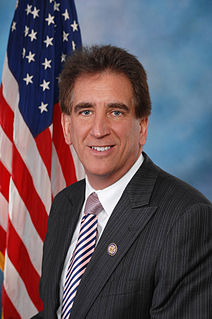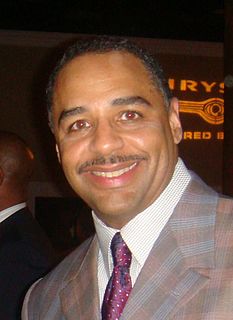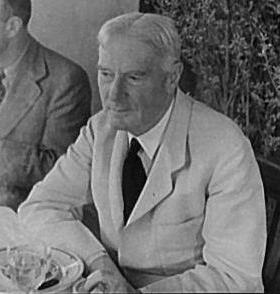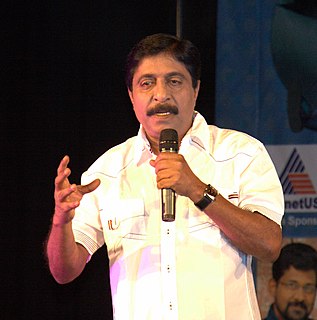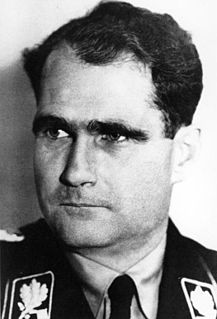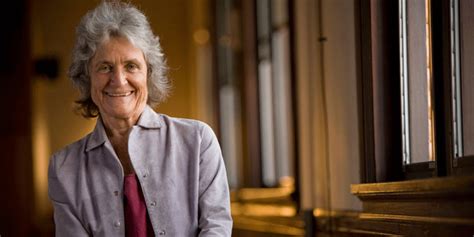A Quote by Mother Teresa
These concerns (for orphan children in India and elsewhere in the world) are very good, but often these same people are not concerned with the millions that are killed by the deliberate decision of their own mothers.
Related Quotes
Many people are concerned with children of India, with the children of Africa where quite a few die of hunger, and so on. Many people are also concerned about the violence in this great country of the United States. These concerns are very good. But often these same people are not concerned with the millions being killed by the deliberate decision of their own mothers. And this is the greatest destroyer of peace today- abortion which brings people to such blindness.
Many people are very, very concerned with the children in India, with the children in Africa where quite a number die, maybe of malnutrition, of hunger and so on, but millions are dying deliberately by the will of the mother. And this is what is the greatest destroyer of peace today. Because if a mother can kill her own child - what is left for me to kill you and you kill me -- there is nothing between.
Most of the harm in the world is done by good people, and not by accident, lapse, or omission. It is the result of their deliberate actions, long persevered in, which they hold to be motivated by high ideals toward virtuous ends... ...when millions are slaughtered, when torture is practiced, starvation enforced, oppression made a policy, as at present over a large part of the world, and as it has often been in the past, it must be at the behest of very many good people, and even by their direct action, for what they consider a worthy object.
Why are people so concerned with relativism? If you look back in history, millions of people were killed because of someone's dogmatic views, but I do not remember anybody being killed due to the tolerance of difference, to relativism; ethically relativism does not seem to be such an awful thing, really.
I started reading Dickens when I was about 12, and I particularly liked all of the orphan books. I always liked books about young people who are left on their own with the world, and the four children's books I've written feature that very thing: children that are abandoned by their families or running away from their families or ignored by their families and having to grow up quicker than they should, like David Copperfield - having to be the hero of their own story.
Nobody can misunderstand a boy like his own mother. Mothers at present can bring children into the world, but this performance is apt to mark the end of their capacities. They can't even attend to the elementary animal requirements of their offspring. It is quite surprising how many children survive in spite of their mothers.
Sisters, while they are growing up, tend to be very rivalrous and as young mothers they are given to continual rivalrous comparisons of their several children. But once the children grow older, sisters draw closer together and often, in old age, they become each other's chosen and most happy companions. In addition to their shared memories of childhood and of their relationship to each other's children, they share memories of the same home, the same homemaking style, and the same small prejudices about housekeeping that carry the echoes of their mother's voice.
My coming to England in this way is, as I realize, so unusual that nobody will easily understand it. I was confronted by a very hard decision. I do not think I could have arrived at my final choice unless I had continually kept before my eyes the vision of an endless line of children's coffins with weeping mothers behind them, both English and German, and another line of coffins of mothers with mourning children.
What I have learned from the teachers with whom I have worked is that, just as there is no simple solution to the arms race, there is no simple answer to how to work with children in the classroom. It is a matter of being present as a whole person, with your own thoughts and feelings, and of accepting children as whole people, with their own thoughts and feelings. It's a matter of working very hard to find out what those thoughts and feelings are, as a starting point for developing a view of a world in which people are as much concerned about other people security as they are about their own

